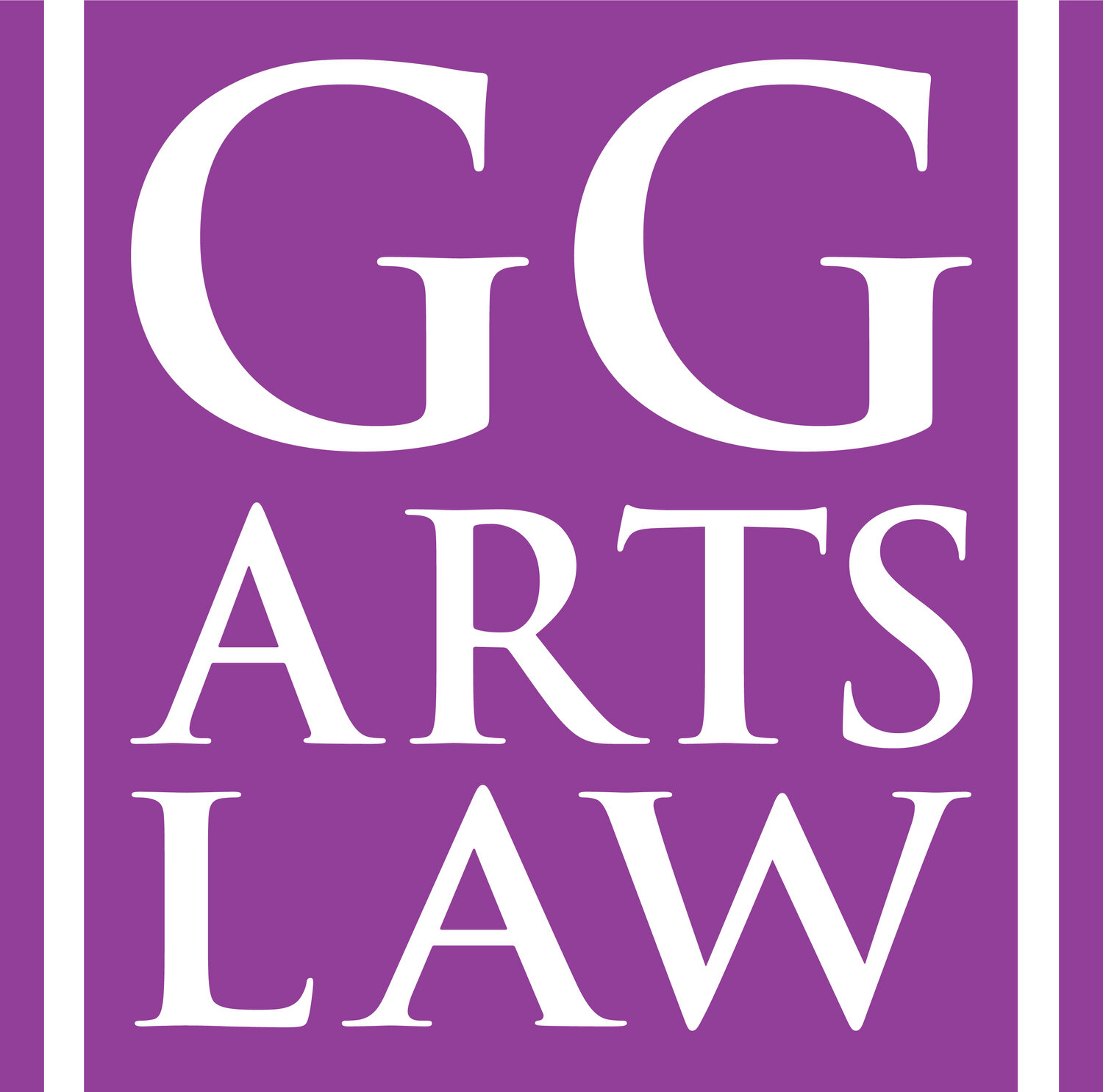But It Worked Last Time!
When it comes to obtaining visas for non-U.S. artists and tours, don’t assume that just because something worked last time that policies have not changed. Or, you just may have gotten lucky!
We got our P visa for a group returned because it included the tour manager. USCIS is saying we need to file a separate petition and get a separate union letter for him. But USCIS has approved prior P petitions with everyone on the same petition. Is this something new? This would mean another petition and another union fee. Also, we have heard that USCIS is taking 8 weeks to review petitions. Is this true? The group cannot afford to premium processing fees for two petitions.
It’s almost impossible to choose amongst the many frustrating aspects of the U.S. immigration laws pertaining to visas for artists and performers. The high fees for poor service? Having to provide documentation that The New York Times is a “major publication”? Trying to explain to a USCIS examiner that an orchestral conductor is, in fact, a “lead role”? The regulatory presumption that the U.S. Government (which has never significantly supported any artistic endeavor ever since Abraham Lincoln died in a theater) is in a better position that an artistic director to determine who is and who is not a “distinguished artist”? However, it’s the unpredictability of the entire process that most people fail to appreciate with sufficient magnitude.
It has always been the rule that a petition for a P-1 visa can only include the actual performers in the group. Any support staff—tour managers, general directors, production managers, stage crew, administrative personnel, and even artistic directors and choreographers (unless they will also be performing)—must be listed on a separate petition for a P-1S visa. Unless someone is actually performing in front of the audience, do not list them as part of a P-1 petition.
The frustration in your case is that the USCIS apparently approved your prior P-1 visa petitions where you included the group’s tour manager on the same petition as the performers. While this saved you both time and money in the past, it was also a mistake on the part of the USCIS. It’s not uncommon for USCIS to treat similar petitions or even prior petitions from the same artist or group inconsistently, approving some and rejecting others. The problem, in addition to poorly trained, underpaid, and overworked USCIS examiners, is that unlike other legal proceedings—and, yes, filing a visa petition constitutes a legal proceeding just like filing a lawsuit—USCIS is not bound by the precedence of its own prior decisions, actions, or mistakes. In other words, just because USCIS overlooked an evidentiary requirement or interpreted an immigration regulation a certain way in the past does not mean they are under any obligation to do so in the future. Even if they approved a visa for an artist or group in the past does not mean they have to do so again. Under U.S. immigration law, USCIS is always free to apply the rules as strictly as they wish, ask for additional documentation, or even determine that a prior visa petition should not have been approved.
The “take away” from this is that you should never assume that simply doing everything you did last time will result in the same outcome. Always prepare every visa petition for every artist and every group as if it was the artist or group’s first petition, paying particular attention to understanding and satisfying all of the regulations and evidentiary requirements regardless of how absurd or inconvenient. Take no shortcuts. Overkill. Overkill. Overkill. This includes making sure that the immigration rules and procedures have not changed since you last prepared and filed a visa petition. USCIS frequently changes filing fees and updates its forms with little notice unless you go looking for it.
In your situation, there’s no way to avoid having to file a separate P-1S petition for the group’s Tour Manager. That’s the law and always has been. However, if your group cannot afford premium processing and they will be performing for a non-profit or educational institution, then contacting a U.S. Senator or member of Congress can “sometimes” be helpful under the right conditions, including the particular political leanings of the Senator or member of Congress. If the stars and moons align, the Senator or member of Congress can contact USCIS and request an emergency expedite on your behalf.
THE OFFICIAL LEGALESE:
THIS IS NOT LEGAL ADVICE!
The purpose of this blog is to provide general advice and guidance, not legal advice. Please consult with an attorney familiar with your specific circumstances, facts, challenges, medications, psychiatric disorders, past-lives, karmic debt, and anything else that may impact your situation before drawing any conclusions, deciding upon a course of action, sending a nasty email, filing a lawsuit, or doing anything rash!
